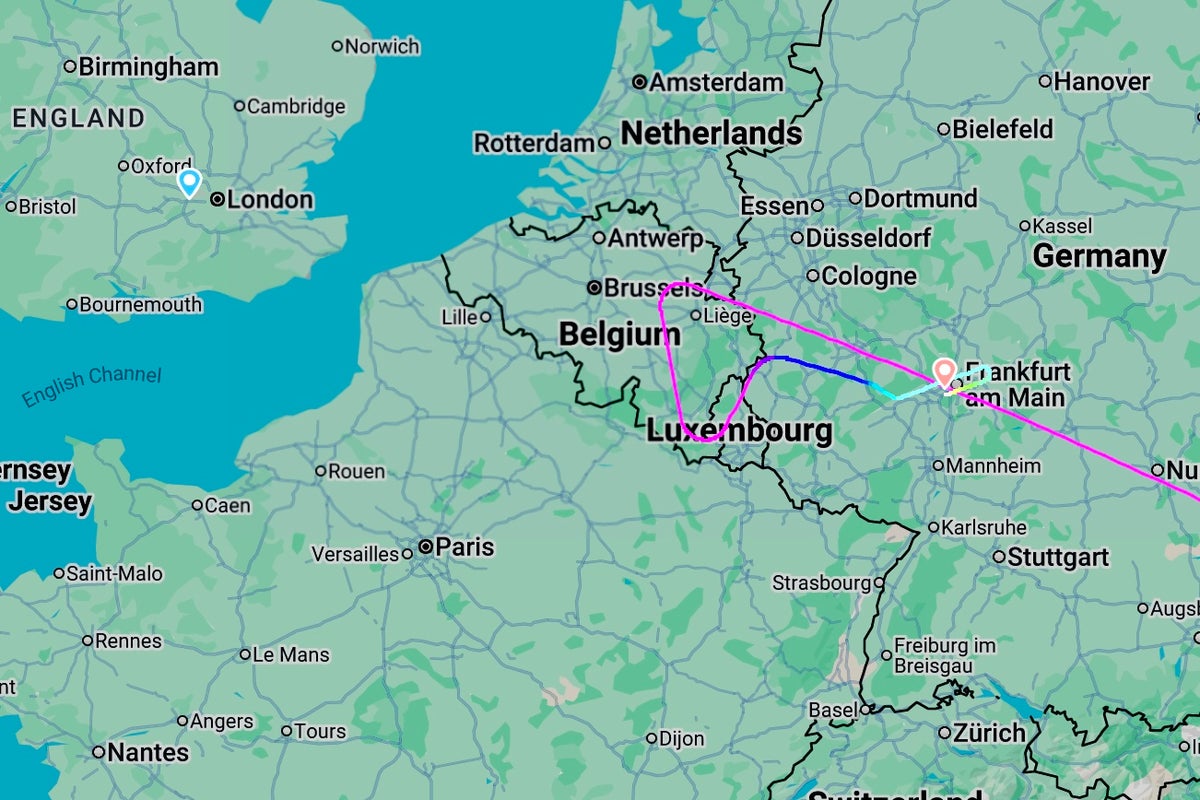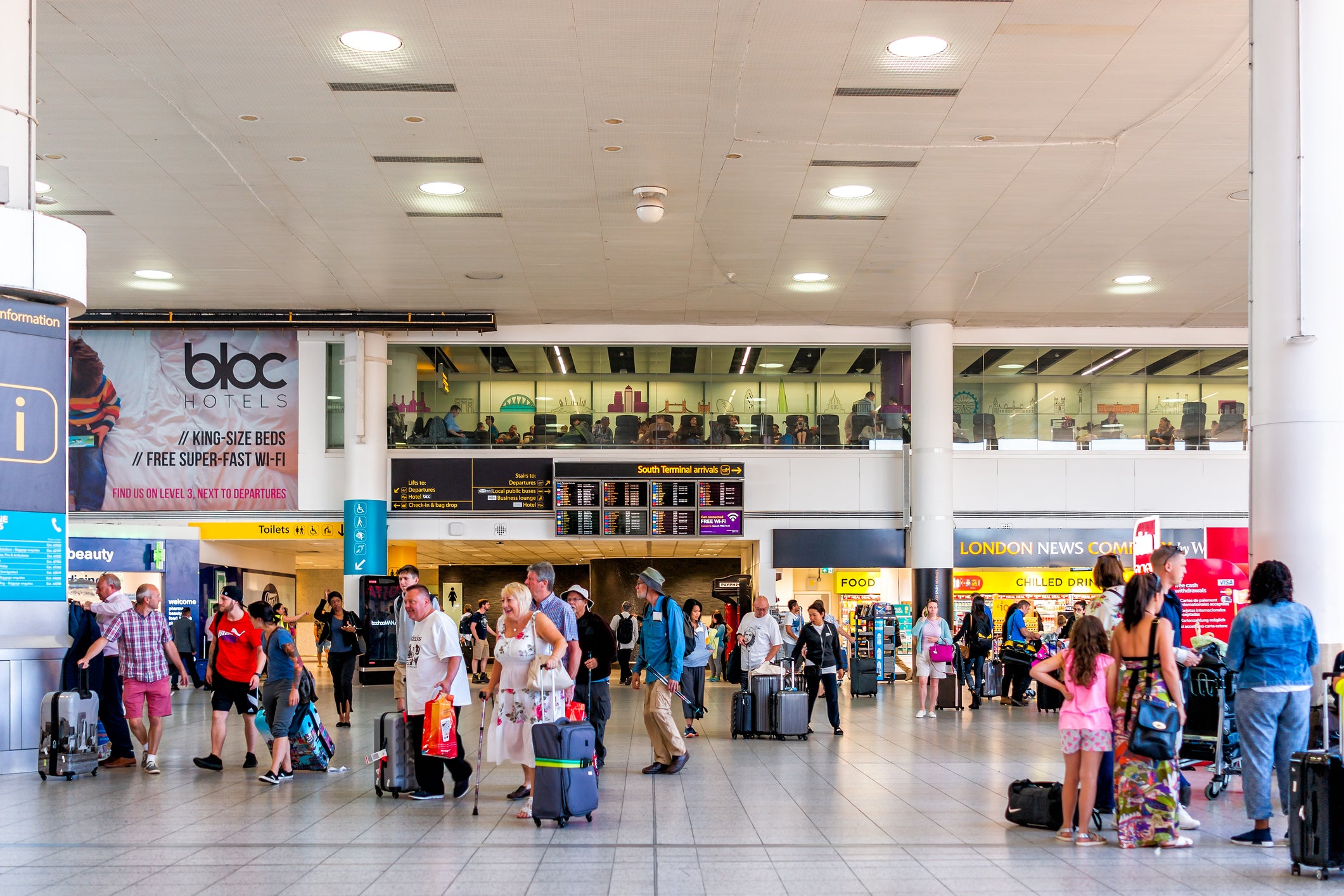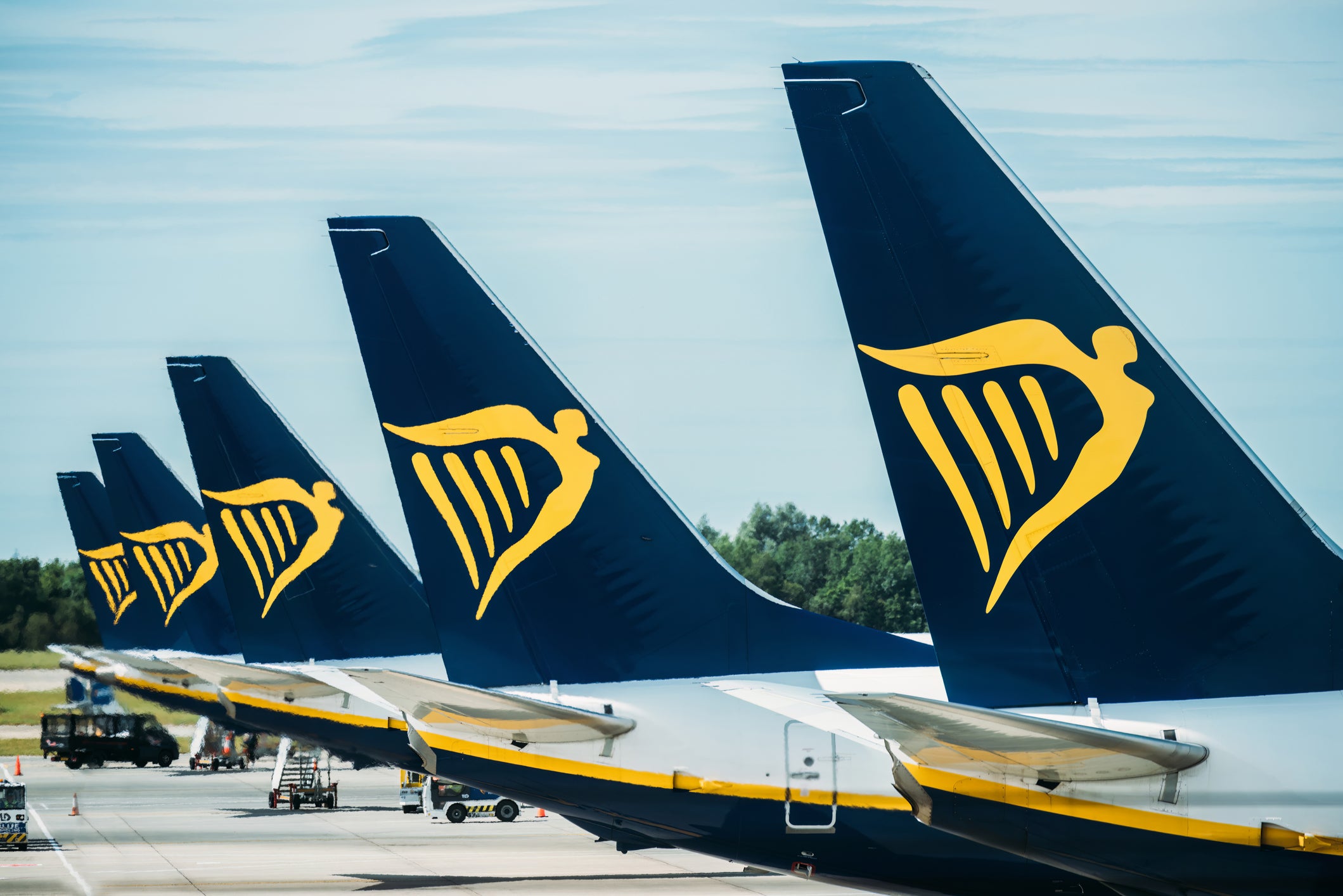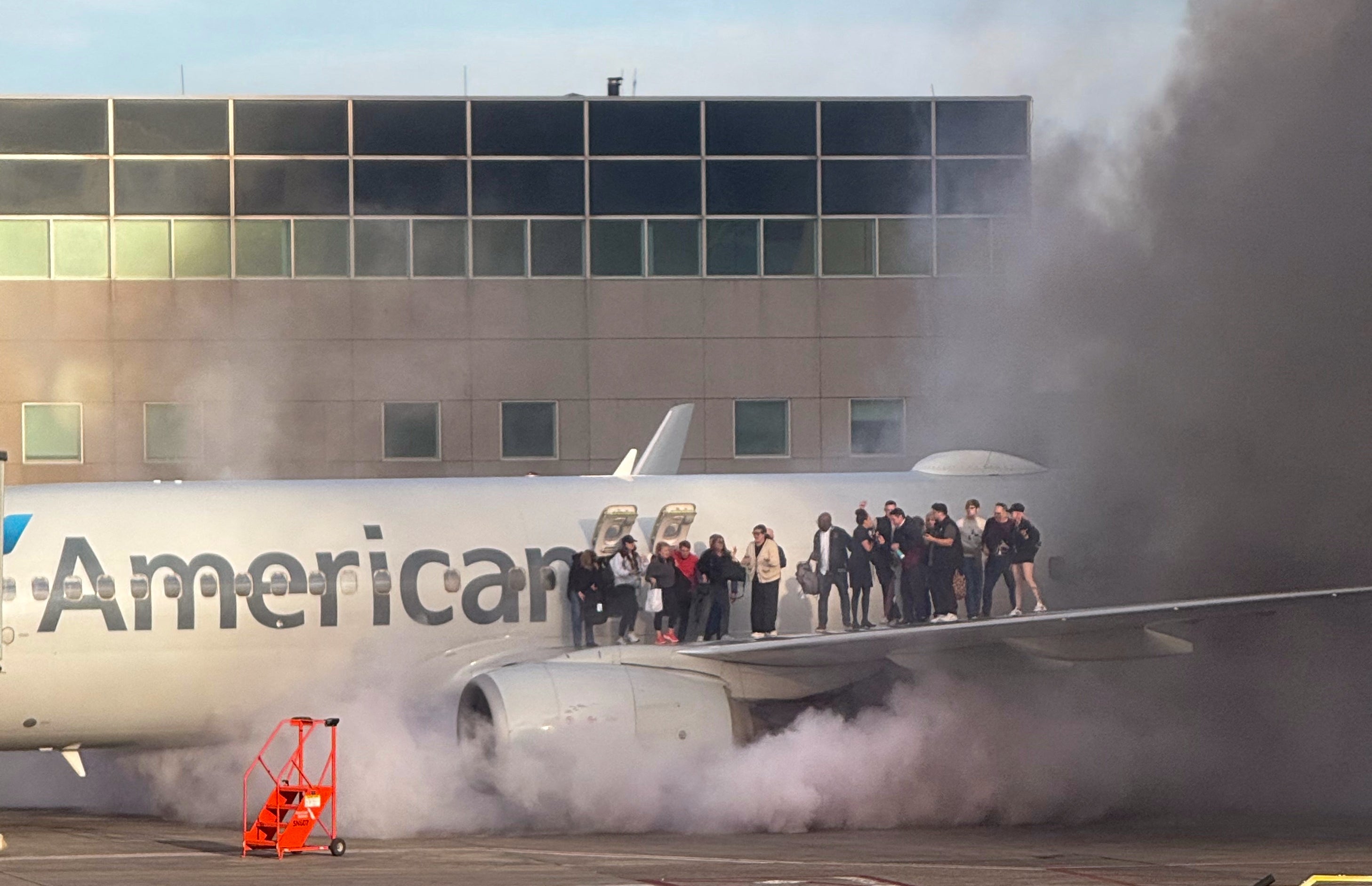What caused the air traffic outage? Airlines ‘extremely disappointed’ after passengers stranded by cancellations
British Airways cancels some Thursday flights to and from Heathrow while Ryanair demands resignation of Nats CEO

Thousands of airline passengers are waking up where they did not intend to be after the temporary shutdown of UK airspace on Wednesday.
The latest failure at Nats, the main air traffic control provider, led to dozens of diversions and cancellations – particularly affecting London Heathrow and Gatwick airports.
British Airways has cancelled a number of flights this morning to Heathrow, while easyJet says it has been rebooking disrupted passengers on alternative flights after multiple cancellations. Ryanair has once again called for the resignation of the Nats chief executive.
These are the key questions and answers.
What went wrong?
At around 4pm on Wednesday 30 July, Nats said “a technical issue” at its Swanwick air traffic control centre in Hampshire meant it was “limiting the number of aircraft flying in the London control area in order to ensure safety.”
Across in Brussels, Eurocontrol – which coordinates air traffic control across Europe – was rather more specific, saying London’s airspace was “temporarily unavailable.” A radar failure was responsible.
The fault appears to have been fixed within 40 minutes, but the disruption continues into Thursday, with at least 15 more cancellations of flights to and from London’s airports.
Delays are stretching to 20 hours for some passengers on European flights. EasyJet passengers from Chania in Crete to London Gatwick whose flight was diverted to Zurich had to spend the night in the Swiss city because the crew ran out of hours. They are expected to fly back at lunchtime, around 20 hours late. The aircraft was due to be operating the 6am departure from Gatwick to Lanzarote, which has been delayed for nine hours – along with the inbound flight.In addition, the long delay of outbound flights to destinations such as Dubai, Doha and Singapore means thousands of passengers missed onward connections.

Why did a brief failure have such an impact?
Because there is so little slack in the system. London handles far more airline passengers than any other city in the world.
Heathrow and Gatwick – which had dozens of diversions and cancellations between them – are particularly stretched. Gatwick is the planet’s busiest single runway airport, with landings and take-offs as little as 65 seconds apart. Heathrow is the world’s busiest two-runway airport.
British Airways, which has more than half the slots at Heathrow, is particularly susceptible to disruption. BA cancelled 10 outbound departures on Wednesday, along with the same number of inbound flights. The airline grounded a further six flights to and from Heathrow on Thursday.
Passengers due to arrive at Heathrow from Taipei on China Airlines are still stranded in Frankfurt, where their plane diverted on Wednesday. The crew ran "out of hours", and were unable to continue to London when the skies reopened.
The biggest airline at Gatwick, easyJet, grounded 20 departures on Wednesday as a result of the air traffic control failure: to Antalya, Paphos, Heraklion, Naples, Geneva, Larnaca, Murcia, Alicante, Gibraltar and Belfast International, as well as the inbound flights.
At Manchester, easyJet cancelled 10 arrivals and departures, including links to and from Rhodes, Tenerife and Enfidha in Tunisia.
What are passengers’ rights?
Under air passengers’ rights rules, travellers whose flights are cancelled are entitled to be flown to their destination as soon as possible, and put up in a hotel until they can get there.
Because, thankfully, the latest closure was not on the same scale as the Nats August bank holiday failure in 2023, there’s a good chance that airlines will provide care and alternative flights as the rules prescribe. But with the system being so stretched, recovering wrecked travel plans may take some days.
No cash compensation is payable because the faiture is demonstrably not the airlines’ fault. The carriers’ costs will run into millions of pounds due to loss of revenue and their obligation to provide alternative flights and accommodation.

What are the airlines saying?
EasyJet, Britain's biggest budget airline, says it is “extremely disappointed” with another failure of air traffic control.
Ryanair, Europe’s largest low-cost carrier, has once again demanded that Martin Rolfe, chief executive of Nats, must resign.
Ryanair’s chief operating officer, Neal McMahon, said: “It is outrageous that passengers are once again being hit with delays and disruption due to Martin Rolfe’s continued mismanagement of Nats.
“Yet another ATC system failure has resulted in the closure of UK airspace meaning thousands of passengers’ travel plans have been disrupted. It is clear that no lessons have been learnt since the August Nats system outage and passengers continue to suffer as a result of Martin Rolfe’s incompetence.”
He said if the Nats CEO did not resign, the transport secretary, Heidi Alexander, should remove him.
Ms Alexander will speak to Mr Rolfe on Thursday.
How will that conversation go?
Nats will have more questions to answer about its competence. While by global standards it performs well day to day, repeated failures suggest that Nats does not have the resilience it needs for critical national infrastructure.
The government will be concerned about the economic and reputational harm caused by the shutdown – as well as the emotional damage to travellers. At this time of year, travellers are particularly heavily invested in their journeys.
Should passengers booked to fly in the next few days worry?
Hopefully not. There are some cancellations on Thursday, but if your airline hasn’t contacted you then the chances are the trip will go ahead as planned.
For more travel news and advice, listen to Simon Calder’s podcast

 Fransebas
Fransebas 






























.jpg&h=630&w=1200&q=100&v=90ed771b68&c=1)

